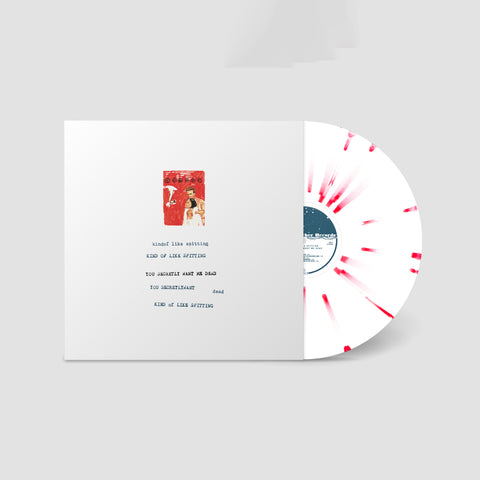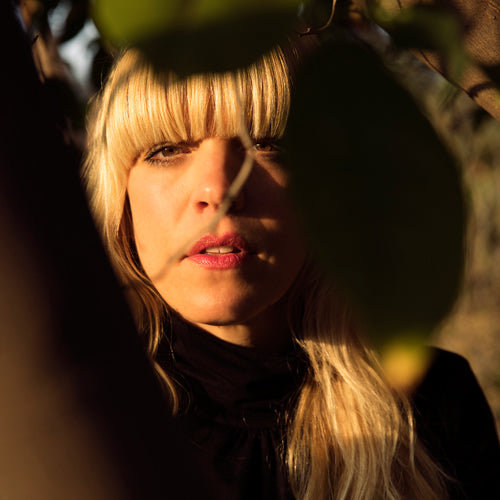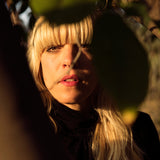DETAILS
TRACKS
Side A
- Lightest Light / 4:07
- Nothing Is On / 4:20
- Need You / Don't Need You / 5:44
- Only A Beat / 4:16
Side B
- How A Fantasy Will Kill Us All / 5:46
- Fierce In The Headlights / 5:09
- A Silhouette As A Sound / 5:32
- Look For Paradise / 4:43
- I'll Take The Storm / 2:56
RELEASE DATE
06/22/2018
**Includes instant download of the album**
“In early June of 2015 I uprooted my life and home of 21 years in Portland, Oregon and relocated to Richmond, Virginia… for love. The love as it turned out, was not there. It was a vacant stare, and within less than a month I got back in my car and returned west.” — Corrina Repp


On her fifth full-length LP, How A Fantasy Will Kill Us All, songwriter Corrina Repp charts a path through the unknown. Fueled by a desire to start over and make a clean break with Portland, where she’d lived for 21 years, and where she released a string of albums on HUSH and Mark Kozelek’s Caldo Verde label, played with her band Tu Fawning, and appeared semi-regularly on the parody comedy series Portlandia, Repp headed across the country. The promise of a new relationship was waiting for her, but it wasn’t to be. Turning away from the failed relationship after three weeks, Repp made survival a full-time occupation. Stowing her possessions in a storage unit in Woodland Hills, California, and leaving with no real plan, Repp embarked on a nomadic journey that would shade her music for years to come.
The songs on the new record came together over two fitful, unrooted years that found her working at the Sou’Wester motor lodge on the coast of Washington, staying at the Saint-Erme-Outre-et-Ramecourt convent in Northern France where she dedicated herself to playing music, writing songs in a sublet in Los Angeles, and finally, in Louisville, Kentucky, where she holed up with Danny Seim of Menomena to record How A Fantasy Will Kill Us All. Recording during the day and retiring to a small, cold room each night with Phil, a stray cat and bad TV box sets to keep her company, Repp found herself drawn to freedom in ways she’d never experienced it. She made friends with Richard Sullivan, an ex-ball player turned painter. She went to parties and art galleries. She spent large swaths of time by herself.
These experiences blurred into her art. Built on foundational loops and drones, Repp’s songs mingle solid, folk-tinged melodies with distortion, kaleidoscopic pop, and disjointed, cobbled together beats. She buries her resonant anthems under hiss (“Nothing Is On,” “Look For Paradise”), navigates uncertainty with eerie confidence (“Need You / Don’t Need You,” “Lightest Light”) and makes her proclamations of independence sound like faithful hymns (“I’ll Take The Storm”). Sometimes she sounds like a gospel singer, sometimes she sounds like a slightly malfunctioning tape deck, but always, she sounds free.
“Maybe you found it/We’ll just see what happens/see what happens,” she sings over chorded guitar and piano on the album’s title song. The record lives in that sense of maybe, and takes comfort in what happens when illusions and fantasies are replaced with real confounding experiences. The record is a time capsule, Repp writes in her evocative, travelogue-inspired liner notes, “About how having expectations could lead to one bloody, yet delicious downfall.” But the record doesn’t represent what happens when it all falls apart: it’s about finding out who you are without anything unnecessary. Only the essential and elemental, the things needed when the unknown beckons.
EXPLORE
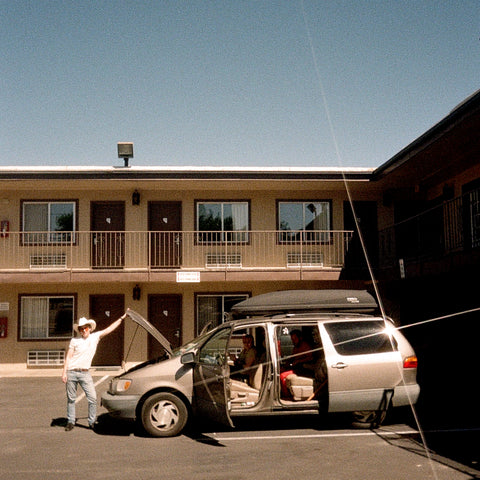
Glitterfox
Live at Mississippi Studios
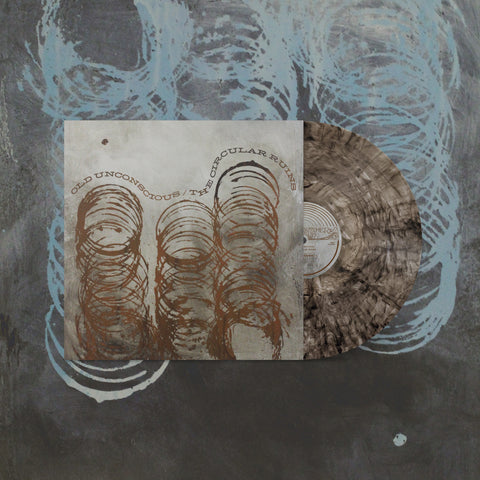
Old Unconscious
The Circular Ruins
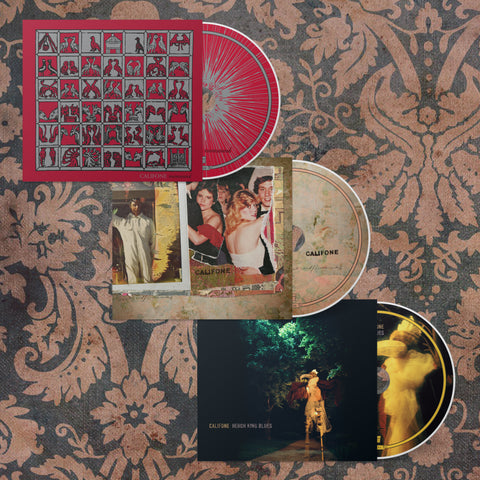
Califone
Califone CD Reissues
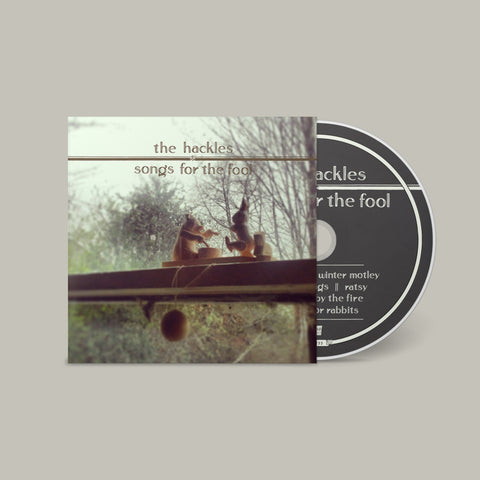
The Hackles
Song For The Fool
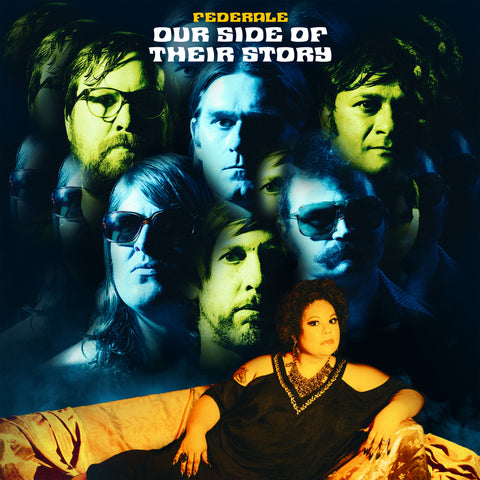
Federale
Our Side Of Their Story
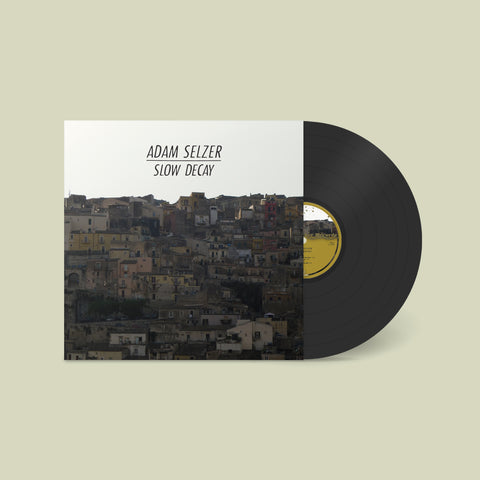
Adam Selzer
Slow Decay
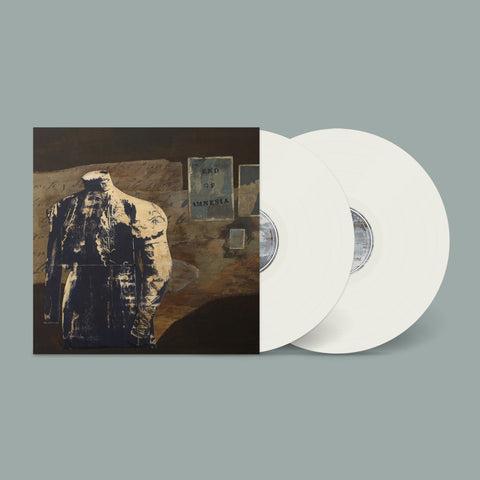
M. Ward
End of Amnesia

Chainsaw Records
Chainsaw Records Bundle
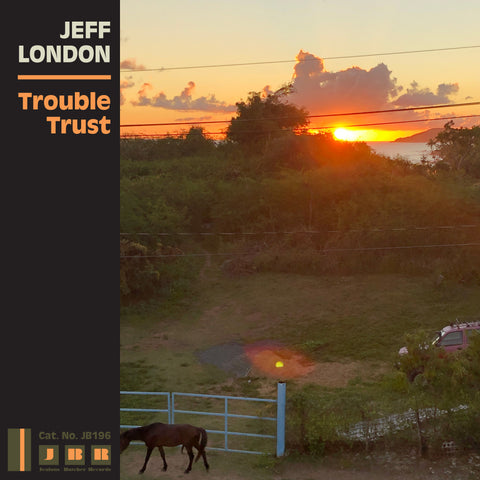
Jeff London
Trouble Trust
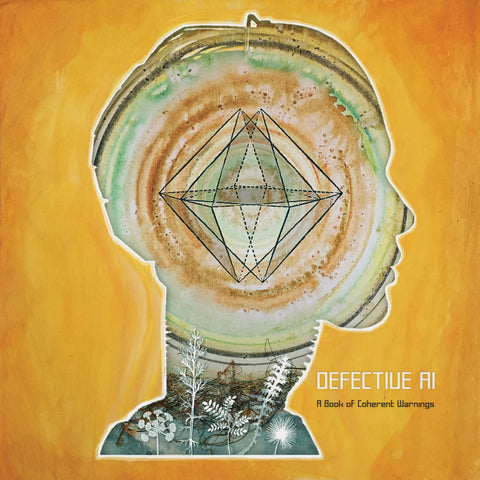
Defective AI
A Book Of Coherent Warnings
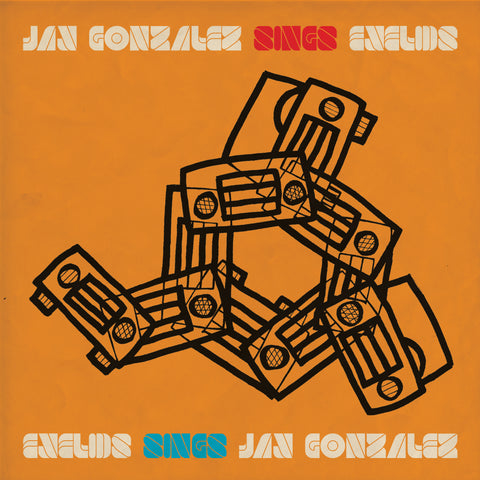
Eyelids
Jay Gonzalez Sings Eyelids Sings Jay Gonzalez Sings Eyelids
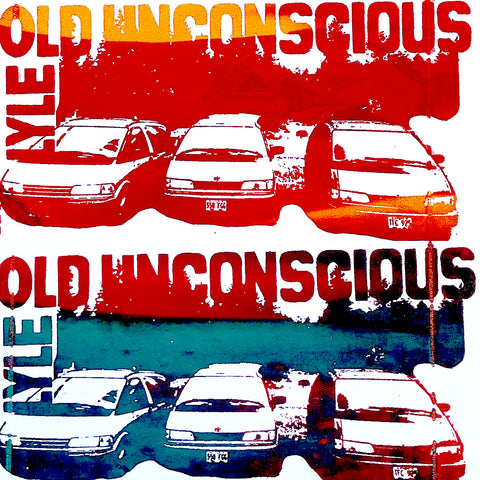
Old Unconscious
Lyle

Team Dresch
Team Dresch Bundles
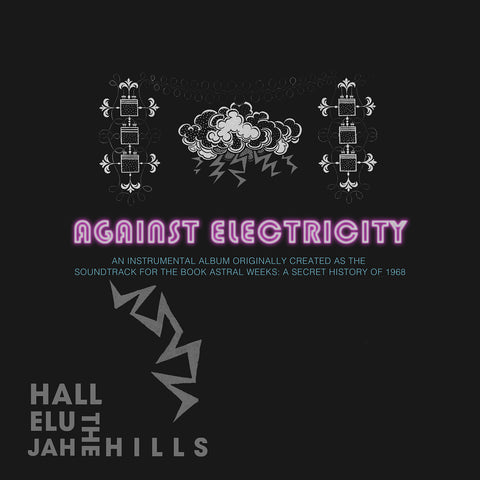
Hallelujah The Hills
Against Electricity
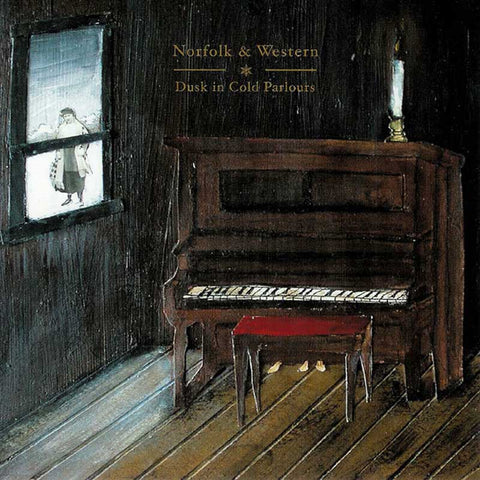
Norfolk & Western
Dusk In Cold Parlors
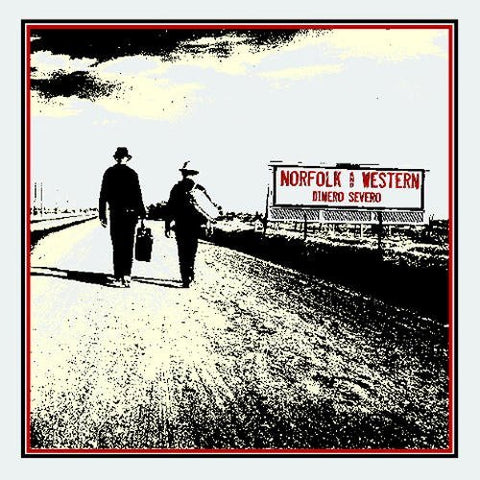
Norfolk & Western
Dinero Severo
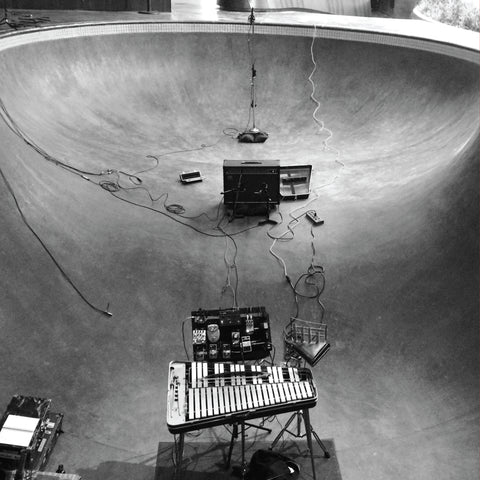
José Medeles
Art of Slowness: The Halfling Session
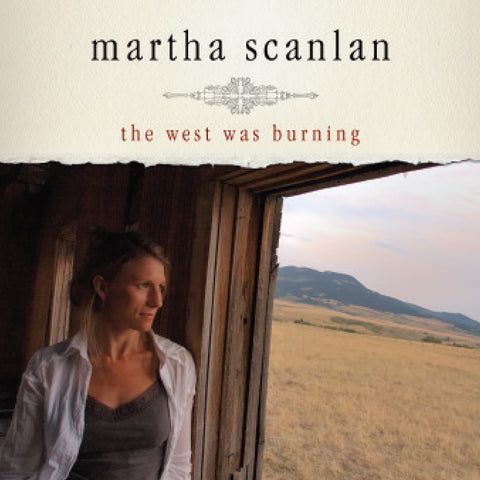
Martha Scanlan
The West Was Burning
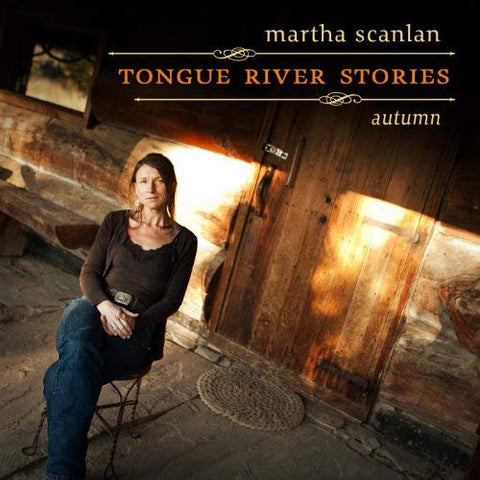
Martha Scanlan
Tongue River Stories: Autumn
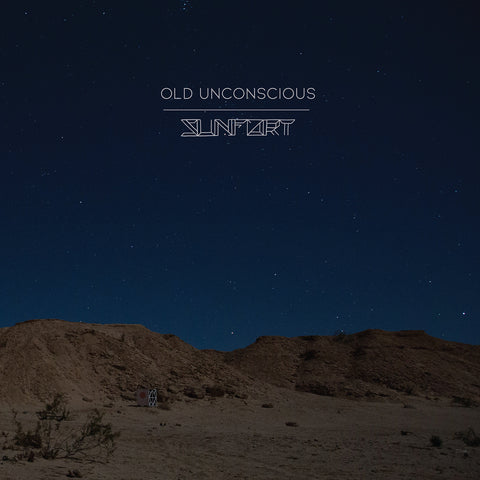
Old Unconscious
Sunfort
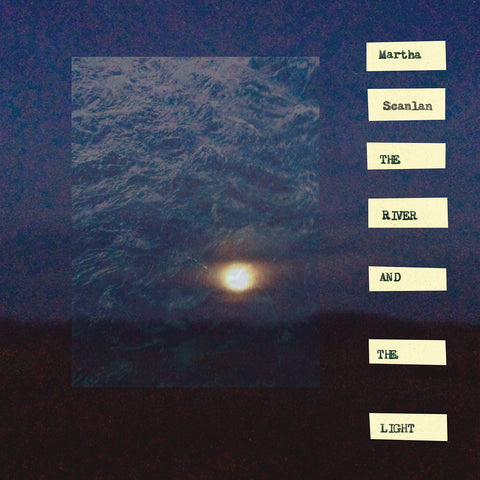
Martha Scanlan
The River and The Light
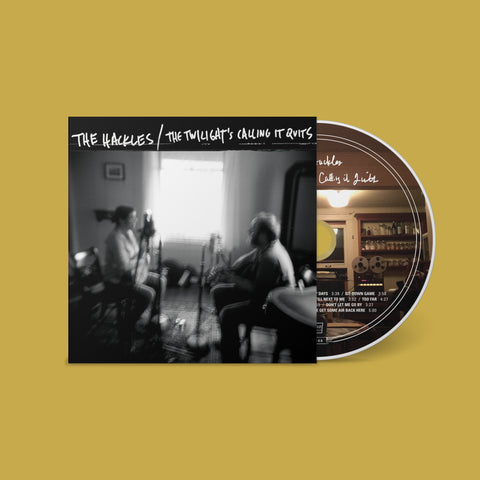
The Hackles
The Twilight's Calling It Quits
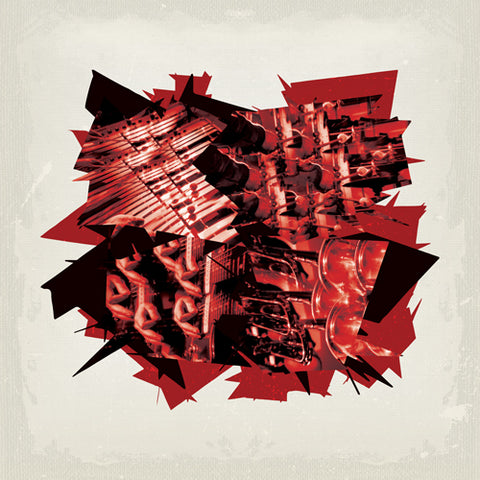
1939 Ensemble
New Cinema
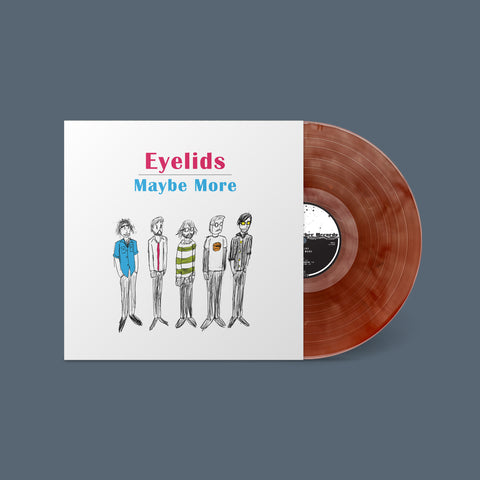
Eyelids
Maybe More
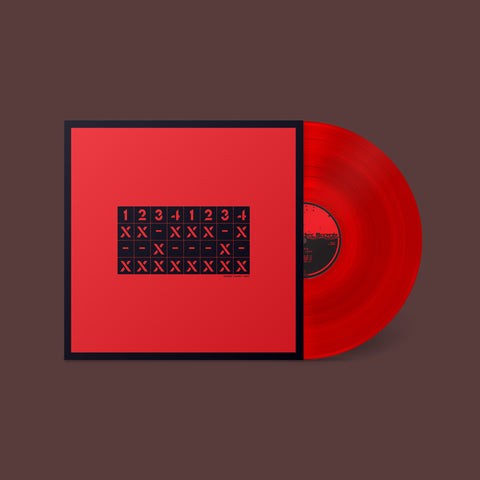
Motrik
Safety Copy
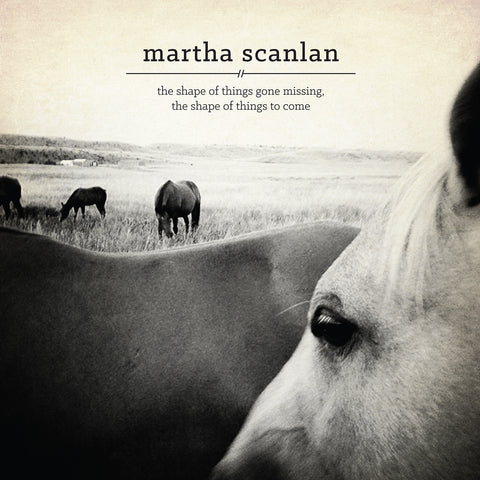
Martha Scanlan
The Shape of Things Gone Missing, The Shape of Things To Come
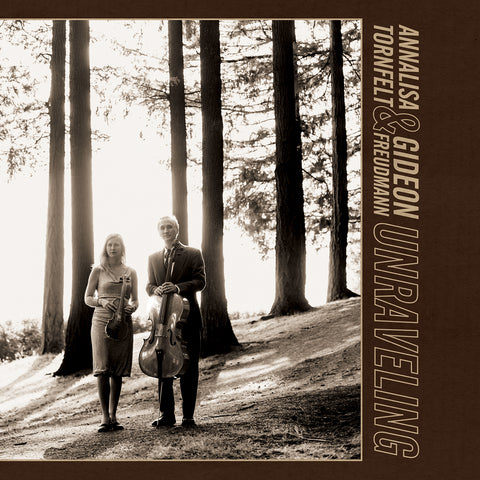
Annalisa Tornfelt & Gideon Freudmann
Unraveling
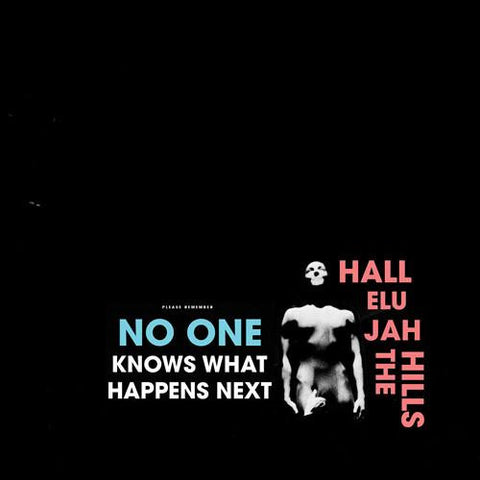
Hallelujah The Hills
No One Knows What Happens Next
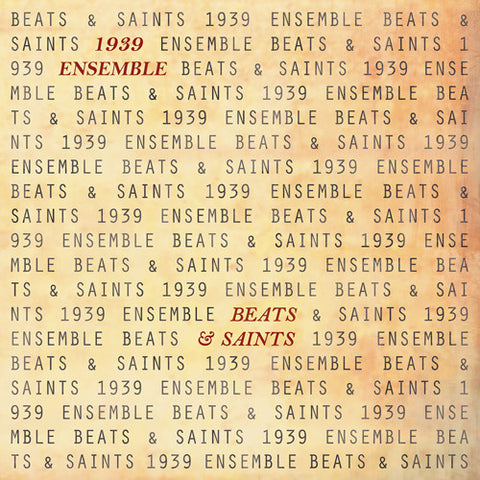
1939 Ensemble
Beats & Saints
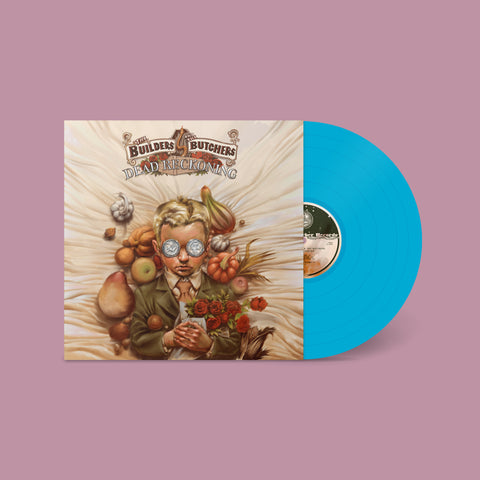
The Builders And The Butchers
Dead Reckoning
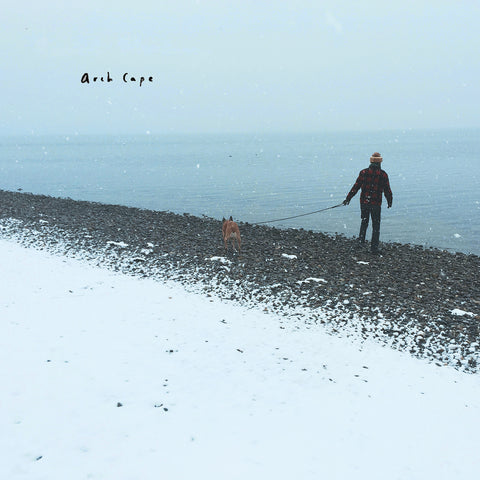
Arch Cape
Arch Cape
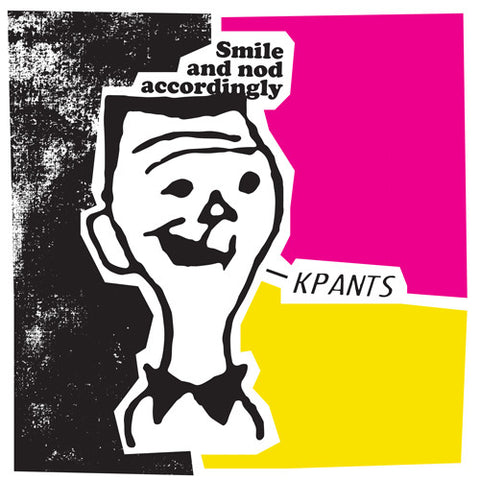
Kpants
Smile And Nod Accordingly
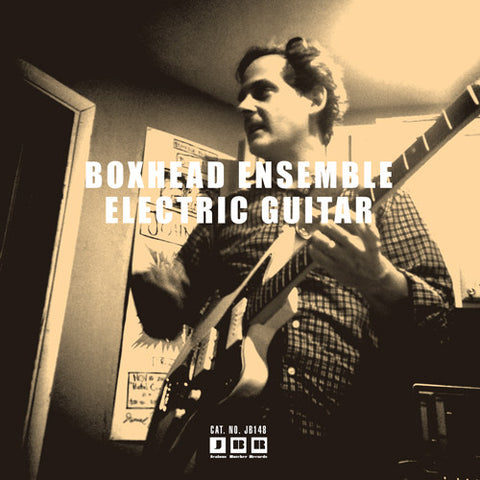
Boxhead Ensemble
Electric Guitar
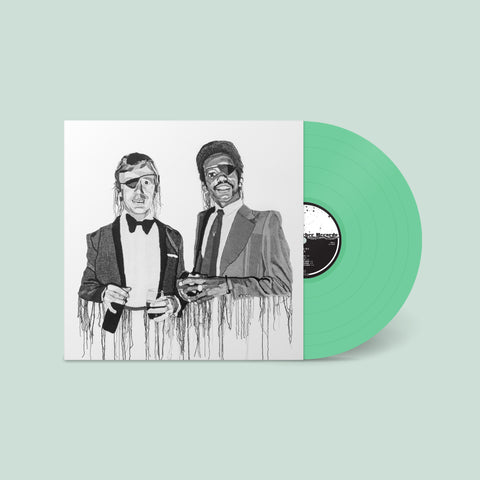
Eyelids
or
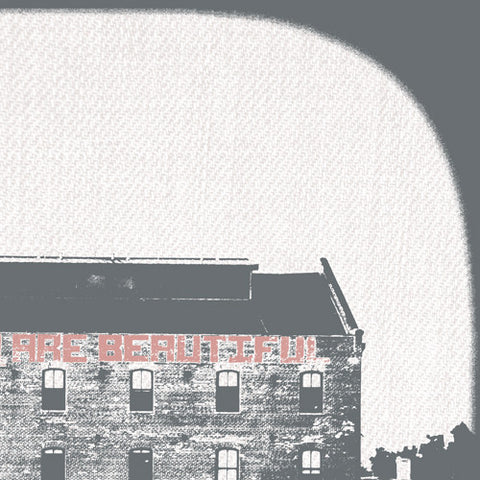
Nick Jaina
A Bird In The Opera House
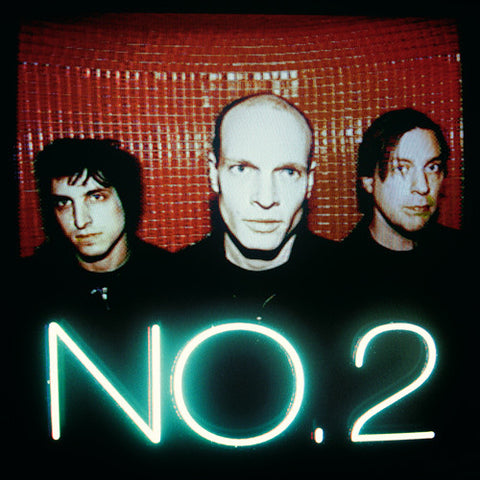
No. 2
What Does Good Luck Bring?
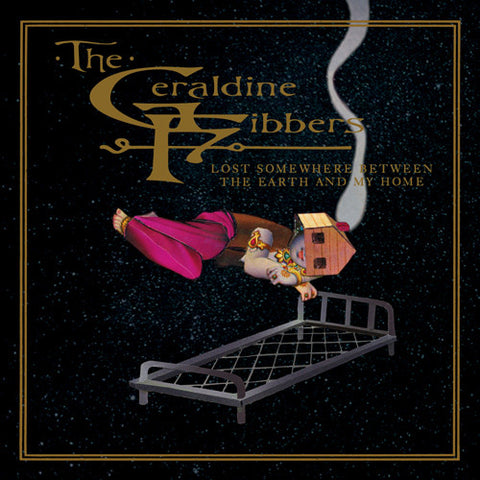
The Geraldine Fibbers
Lost Somewhere Between The Earth and My Home
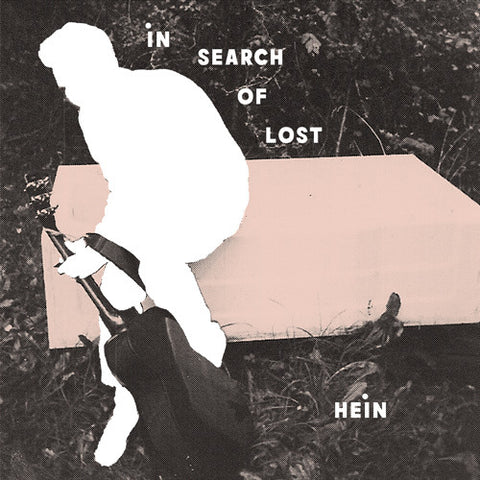
Matthew Hattie Hein
In Search of Lost Hein
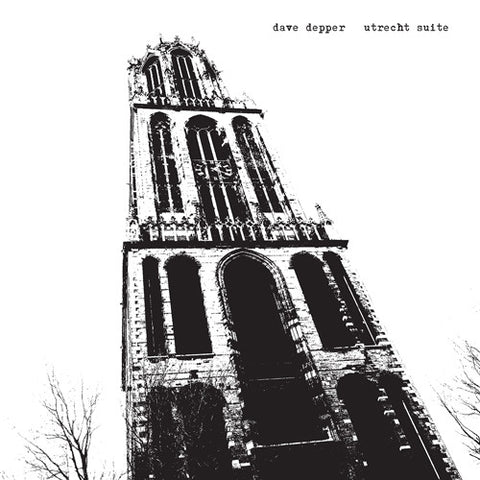
Dave Depper
Utrecht Suite
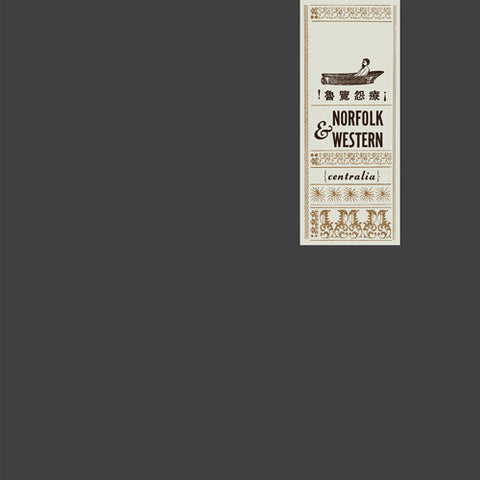
Norfolk & Western
Centralia
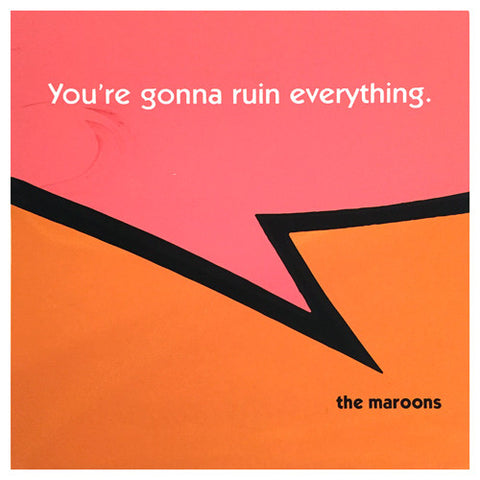
The Maroons
You're Gonna Ruin Everything
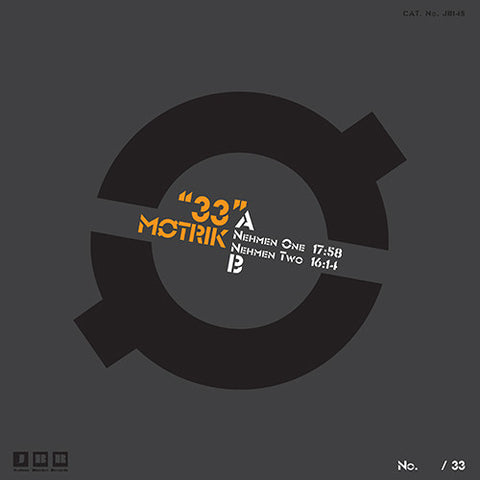
Motrik
"33"
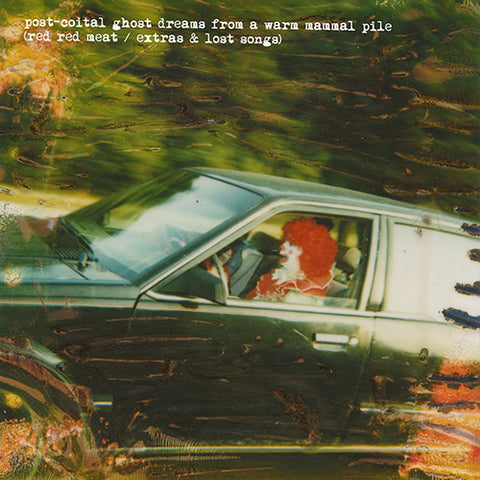
Red Red Meat
Post-coital Ghost Dreams From A Warm Mammal Pile
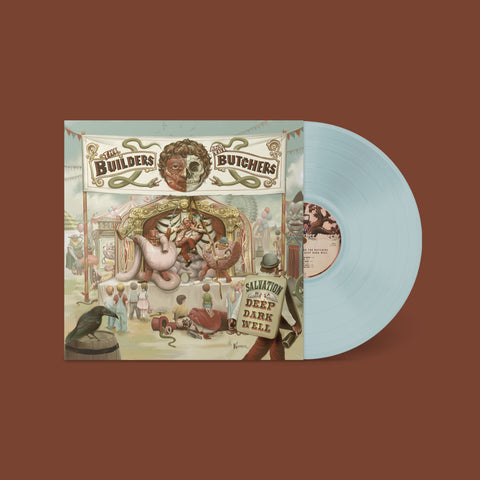
The Builders And The Butchers
Salvation Is A Deep Dark Well
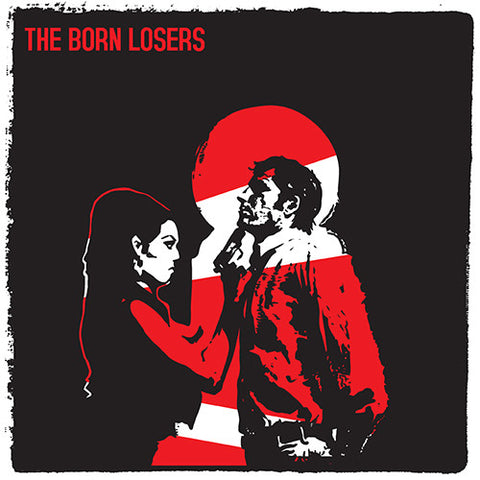
The Born Losers
The Born Losers
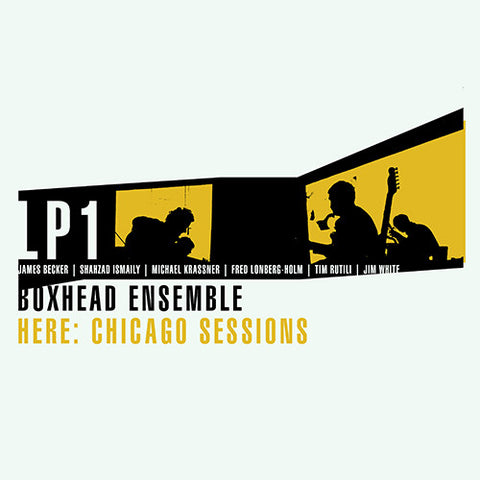
Boxhead Ensemble
Here: Chicago Sessions
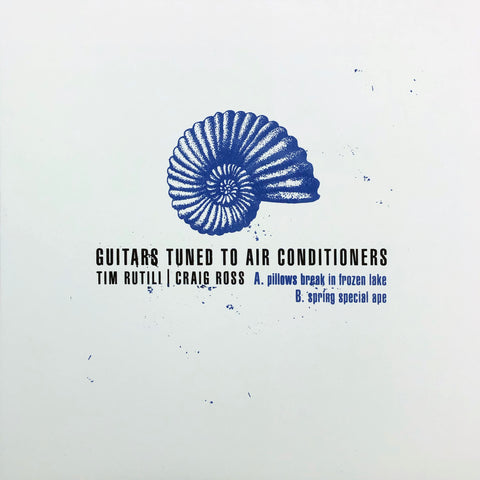
Tim Rutili & Craig Ross
Guitars Tuned To Air Conditioners
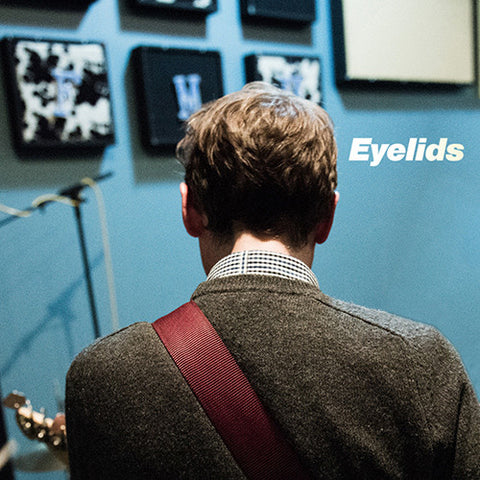
Eyelids
Slow It Goes
